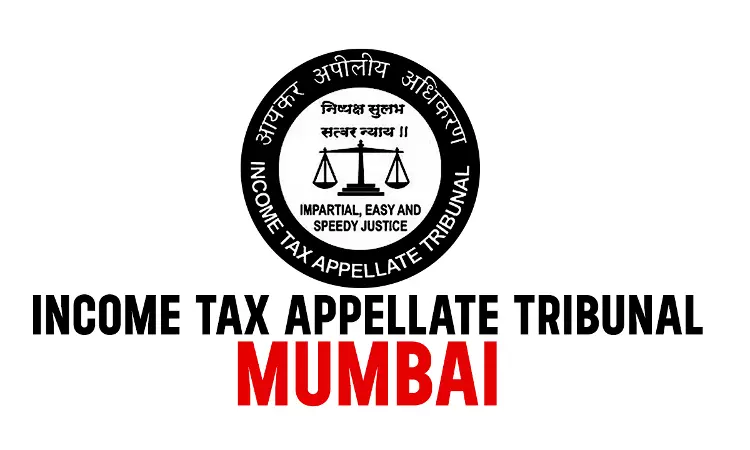Even If STT Not Paid At Time Of Acquisition, Trust Entitled To Claim LTCG Exemption: ITAT
Mariya Paliwala
29 July 2024 3:20 PM IST

Next Story
29 July 2024 3:20 PM IST
The Mumbai Bench Income Tax Appellate Tribunal (ITAT) has held that even if the Securities Transaction Tax (STT) was not paid at the time of acquisition, the assessee-trust would be entitled to claim exemption of long-term capital gain (LTCG) under Section 10(38) of the Income Tax Act. The bench of C.V. Bhadang (President) and B.R. Baskaran (Accountant Member) has observed that as per...
